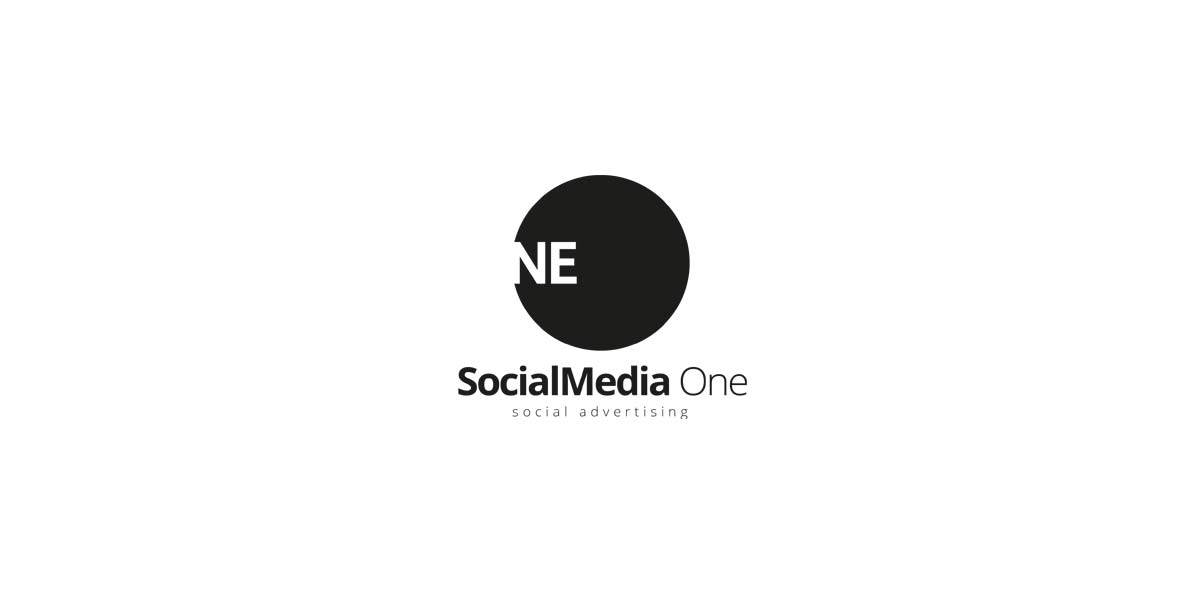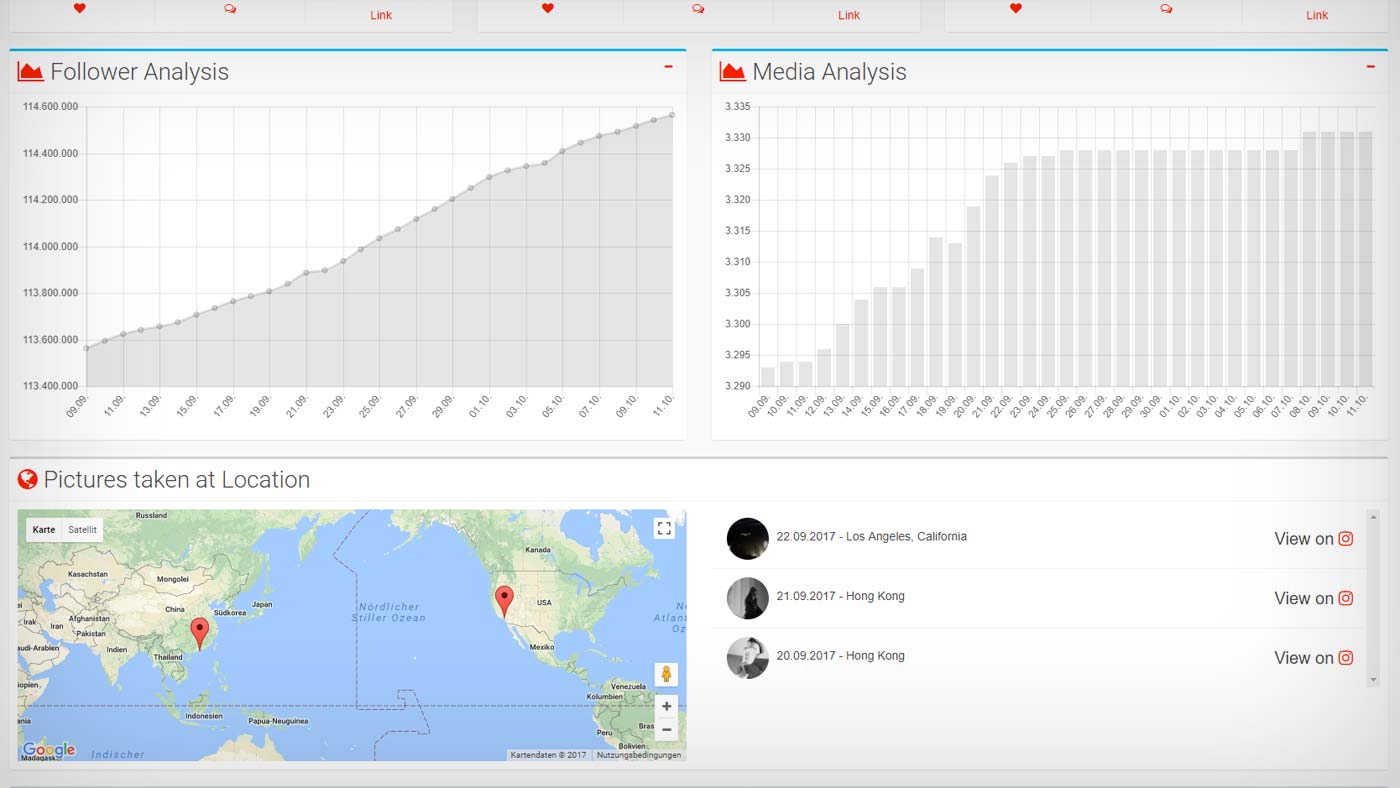Content Management System – What does CMS stand for?
What does CMS stand for? The term Content Management System stands for a software that manages web-based data and makes it available within a basin for administrators to edit, delete or create new data. At the same time, content management systems allow the user access from the front end, i.e. from the web browser, for visitors. Because also they can add, edit or delete data in the content management systems.
Content Management Systems allow data management for everyone
One of the first big content management systems were pioneers like Ebay. Users could provide information here in the form of sales advertisements. Other users could comment on these entries, ask questions or rate them. The creation of content is no longer only possible from one platform, but anyone can create content, manage it but also delete it if he or she wants to. But the really special thing is the extremely good data management.
Data management in content management systems
In particular, the administration of large amounts of data makes content management systems so interesting. Whereas HTML pages used to be static and individually structured, and therefore each article had to be linked individually and by hand, content is now sorted dynamically. This means that the contents are stored to certain keywords or categories, these can then be collected by the users in an archiving. If, for example, you are interested in a certain topic, you can only display the contents of this topic, which makes it easier to receive data and information.
This is also a great advantage for system administrators, as they can access user-generated content. Whereby User Generated Content can produce much more output than employees could do. For example, every day, on YouTube alone, several hundred years of video material are uploaded by users. These include funny videos with comedic units as well as documentaries on historical events, prison inmates, private holiday videos and elaborately produced travel blogs. The diversity of content is extremely multi-faceted and this can only be achieved with the help of user-generated content. The more users a social network, community or platform has that is based on a content management system, the more valuable it is.
Big data also plays a major role here, as does the algorithm underlying the search and filter systems. The more intelligently this algorithm sorts and evaluates data, the better the results will be for users, administrators, social platform owners and, of course, advertisers.
From, for today’s conditions simply in the blog, the big giants among the social networks, to content management systems like WordPress have changed the speed of information and also the archiving of content.
CMS – Content Management Systems
- Content Management System means software that manages data from the network and makes it available to administrators for editing, deleting or creating new data
- One of the first large Content Management Systems was Ebay
- It is especially practical that CMS dynamically sorts the contents
- User Generated Content can produce more output than employees could do
- The more users have a social network or a platform based on a content management system, the more valuable it is soe
- Big Data and the algorithm also play an important role, because the more intelligent the algorithm sorts out data, the more interesting it becomes for users








